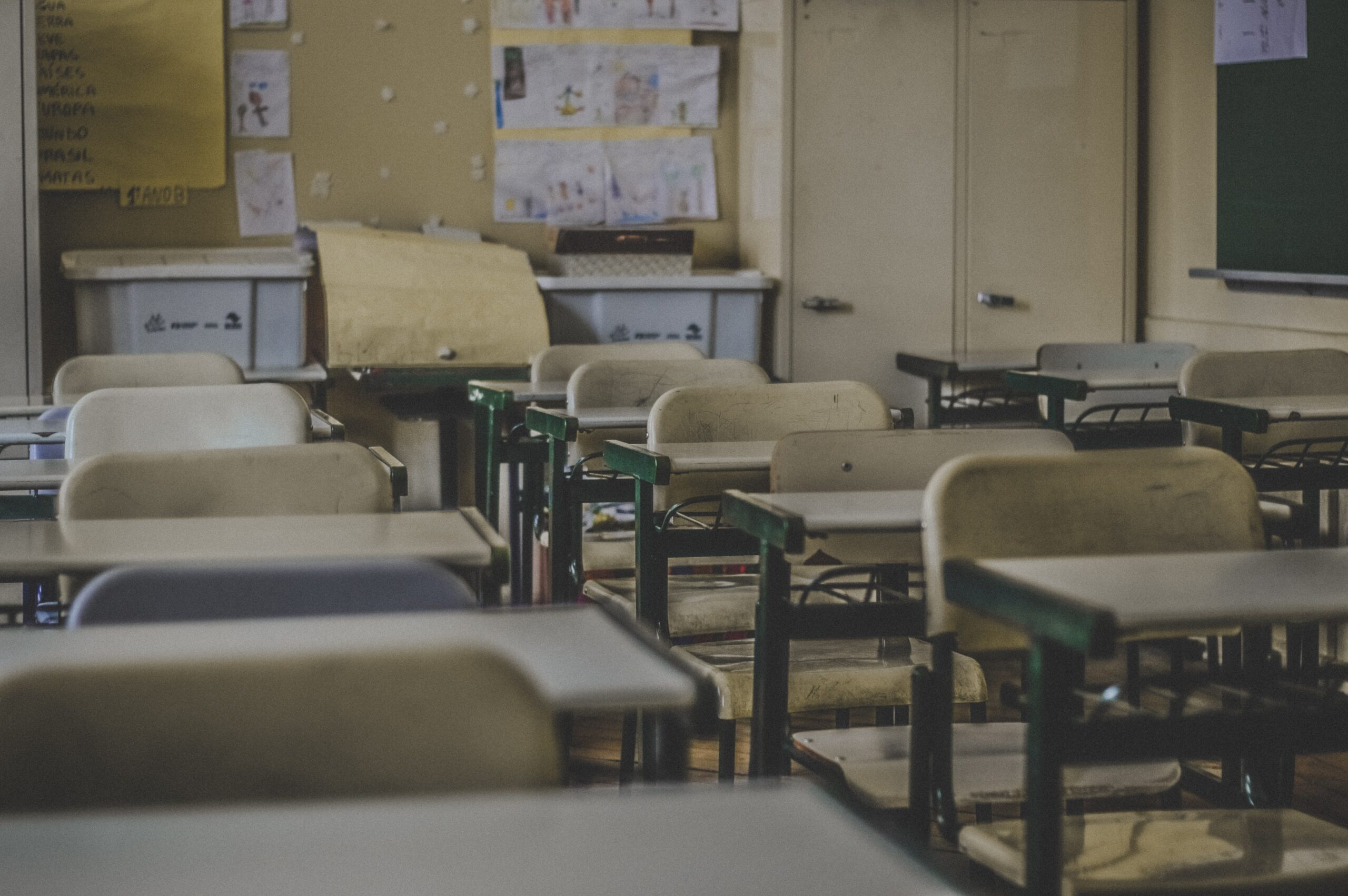A Pakistani nuclear physicist, Pervez Amirali Hoodbhoy, has written an in-depth article giving us a grasp of the educational reforms under Imran Khan’s regime. The highlight of the article is the huge volume of religious material in the newly introduced Single National Curriculum (SNC) in Pakistan schools. While many argue that such a reform shall welcome unity amongst the students, Hoodbhoy sheds light on other peculiarities. He revealed that the SNC system is focussed on fuelling young minds with ideology-based education rather than the acquisition of basic skills.
Primitive Educational Infrastructure
Various media reports revealed that Pakistan’s educational infrastructure is in a dilapidated condition. A BBC report interviewed students from Pakistan who discussed the plight they witnessed during the COVID-19 pandemic – Atiq Ali, an economics student at Karachi’s Institute of Business Administration, returned to his hometown of Turbat, where there’s no wireless internet or 3G/4G coverage after his university shut down. Now, every morning, he rides his motorcycle an hour out of town, braving temperatures up to 50 degrees Celsius, to download lectures at a friend’s house. “It’s just a lot of effort to get there,” Ali says in a phone interview. “And then sometimes there is no power, sometimes the internet goes down.”
While access to education was already a problem in Pakistan – 22.8 million of Pakistan’s over 70 million children are out of school – the coronavirus outbreak has exposed its profound technological inequities. Over 50 million school and university-going Pakistanis now risk falling behind, says Umbreen Arif, a top education advisor for Pakistan’s central government.
Accusations by the Opposition
Recently, Pakistan Peoples’ Party (PPP) Chairman Bilawal Bhutto-Zardari alleged that Imran Khan’s ruling Pakistan Tehreek-e-Insaf (PTI) has an anti-education agenda. He took to the social media website Twitter and said that the ruling party’s consistent assault on Higher Education Commission (HEC) funding is having very real consequences at a time when medical universities are at the frontline battling Covid-19.
The Nexus
Mr. Hoodbhoy further explained the nexus between the Madressahs and the government establishment. He explains how educated holy men are welcomed by the Pakistani government- to teach in regular schools as paid teachers. Hoodbhoy elucidated the true meaning of the SNC system in Pakistani schools.
The Pakistani nuclear physicist also wrote: A column-by-column comparison with two major madressah systems — Tanzeemul Madaris and Rabtaul Madaris — reveals a shocking fact. Ordinary schools will henceforth impose more rote learning than even these madrassahs. With normal schoolteachers being under-equipped religiously, SNC calls for summoning an army of madrassah-educated holy men — hafiz’s and qaris — as paid teachers inside schools. How this will affect the general ambiance and the safety of students is an open question.
The push for a uniform national curriculum idea derives from three flawed assumptions:
First: It is false that quality differences between Pakistan’s various education streams stem from pursuing different curricula. When teaching any secular subject such as geography, social studies or science, all streams have to cover the same topics. While details and emphases obviously differ, each must deal with exactly seven continents and water being H2O.
Instead, learning differentials arise because students experience very different teaching methods and are evaluated using entirely different criteria. So, for example, a local examination board will typically ask a mathematics student to name the inventor of logarithms whereas an ‘O’-level student must actually use logarithms to solve some problem. The modern world expects students to reason their way through a question, not parrot facts.
Second: It is false that a hefty dose of piety will somehow equalise students at Aitchison College and your run-of-the-mill neighbourhood school. The legendary Mahmood and Ayyaz prayed in the same suff (prayer line) and established a commonality without ending their master-slave relationship. Similarly, rich and poor schools will remain worlds apart unless equalised through school infrastructure, well-trained teachers, high quality textbooks and internet access. How the needed resources will be generated is anybody’s guess. Under PTI, defence is the only sector seeing increases instead of cuts.
Third: It is false that school systems belonging to the modern world can be brought onto the same page as madressahs. Modern education rests squarely upon critical thinking, and success/failure is determined in relation to problem solving and worldly knowledge. Madressah education goals are important but different. They seek a more religiously observant student and a better life after death. Understandably, critical thinking is unwelcome.
Strong Focus on Religious Education
According to Pakistan’s Ministry of Federal Education and Professional Training, the SNC is: In line with the vision of the Honourable Prime Minister and the manifesto of the present government of strengthening the nation, progress of activities towards the development of a Single National Curriculum have gained impressive momentum. The aim of the Single National Curriculum is to have a fair and equal opportunity for all children of Pakistan to receive a high quality education.
Hoodbhoy also sheds light upon the unwavering importance that the PTI government is giving to religious education over regular education. He says that, the Punjab government has made teaching of the Holy Quran compulsory at the college and university level. Without passing the required examination no student will be able to get a BA, BSc, BE, ME, MA, MSc, MPhil, PhD or medical degree. Even the Zia regime did not have such blanket requirements. To get a university teaching job in the 1980s, you had to name all the wives of the Holy Prophet (PBUH) and recite some difficult religious passages such as Dua-i-Qunoot. Still, students could get degrees without that. That option is now closed.

